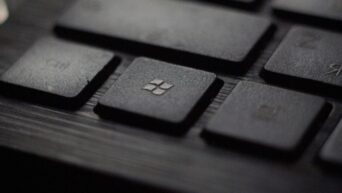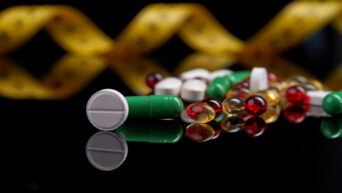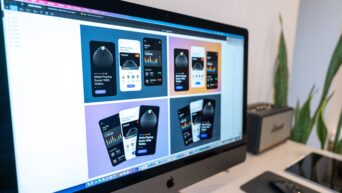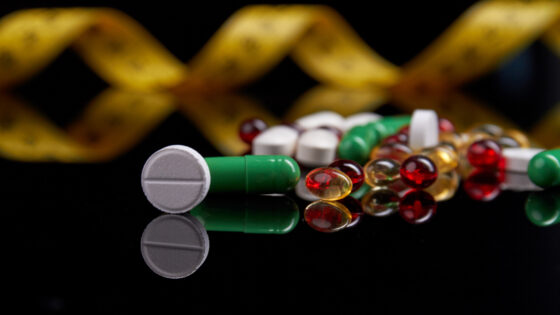
Credit: Unsplash
Now that’s what I call a microbrewery.
The process of brewing beer has always been something of an ersatz science experiment, relying on multiple biological principles. Much like the practice of gastronomy, wherein one utilizes science to create biologically appealing food, it is theoretically possible to create beer in a much more minute and efficient manner. At least, it is according to a certain beer enthusiast.
Edward Kerr, a Ph.D student from the University of Queensland and a self-proclaimed “beer scientist,” was working on a paper about the brewing of beer when he came to an interesting realization. “I was looking at barley protein changes during the mashing stage of beer brewing, when one of the paper’s reviewers asked if the changes were caused by temperature or time spent mashing the barley,” Kerr said.
“It was a good question, but to find out I’d need to brew all over again, with an instrument that would hold at least 23 liters of brew, including five kilograms of malt for each brew—it would have taken another three months.
“To be honest, I was feeling a little lazy, so decided to see if I could do the same experiment on a much smaller scale.
“The result was surprising— I found that I could replicate the beer brewing process using only a single barley seed in a 1.5 milliliter tube.”
Based on research conducted by Kerr, as well as his supervisor Associate Professor Benjamin Schulz, this could lead to the creation of a brand new brewing process wherein only a small batch would be needed to determine its quality. This would save a lot of time and effort for breweries that have to produce a hundred liters of beer for a single taste test.
“We’re also hoping to use this approach in undergraduate practical courses in chemical engineering associated with the upcoming UQ Nanobrewery— it’s a great opportunity to bring process experimentation and optimisation into the student experience,” said Associate Prof. Schulz.
“But while 1.5 milliliters is definitely more convenient, quicker and cheaper, it’s a little small for a refreshing after-work beer.”
































